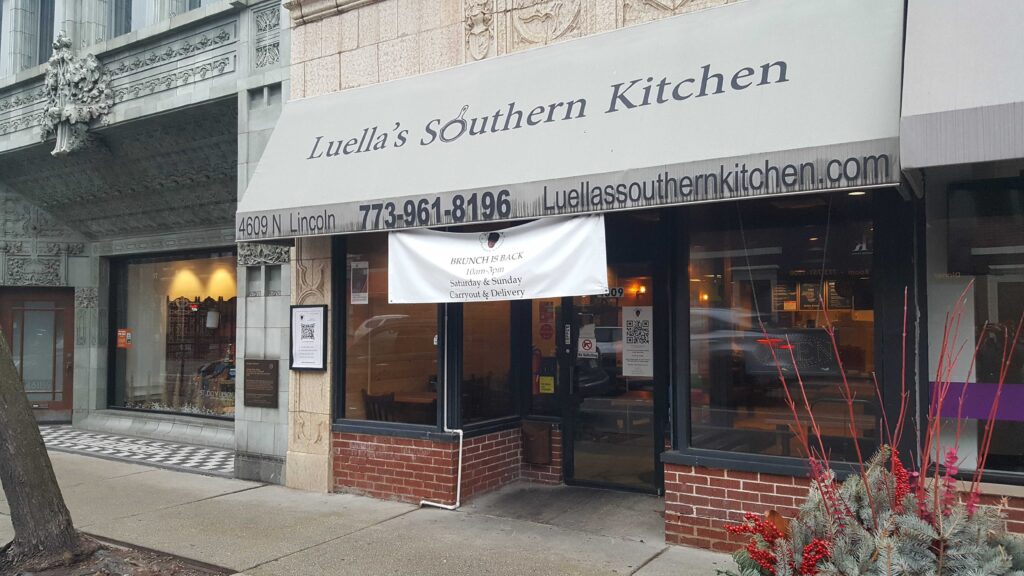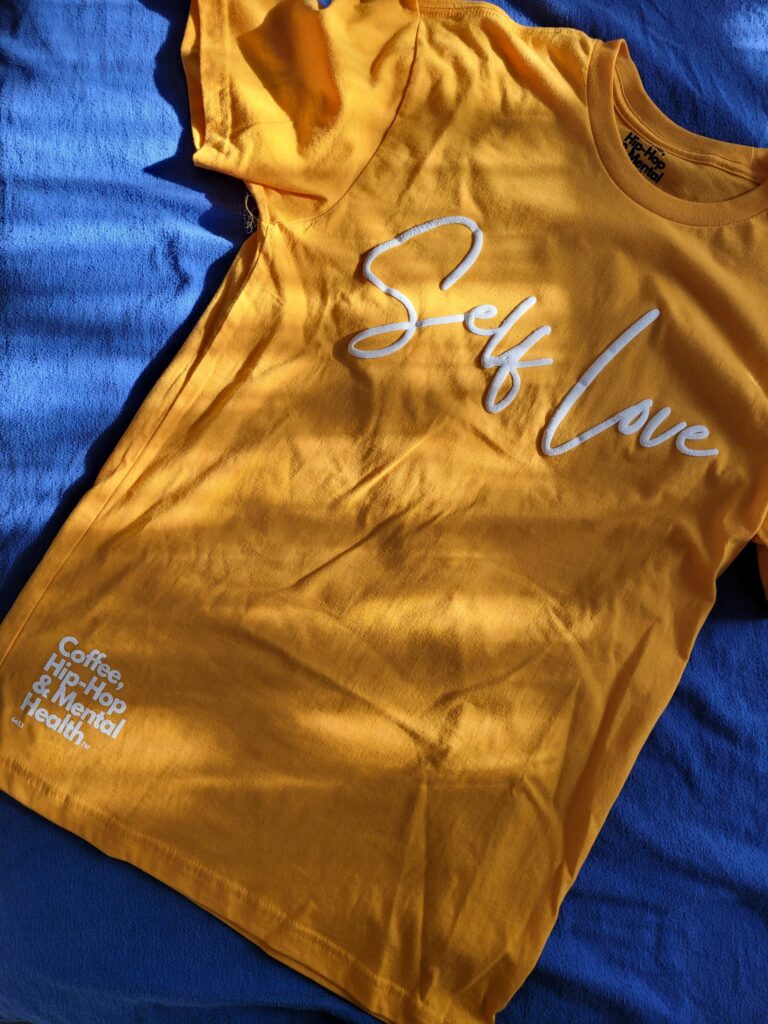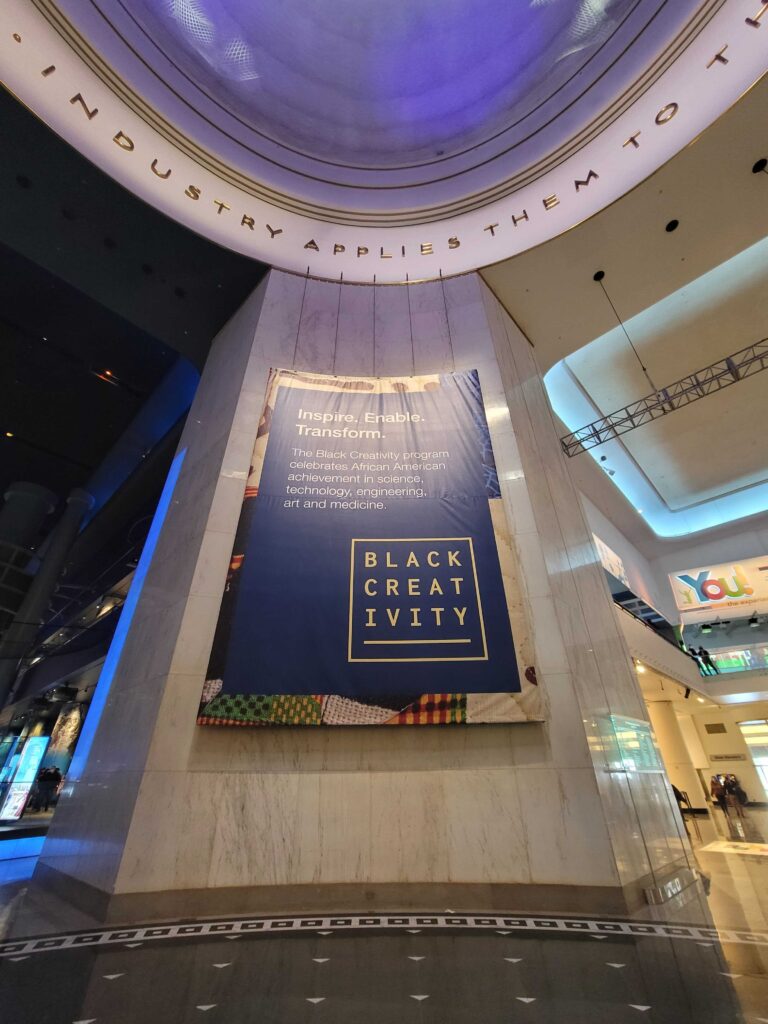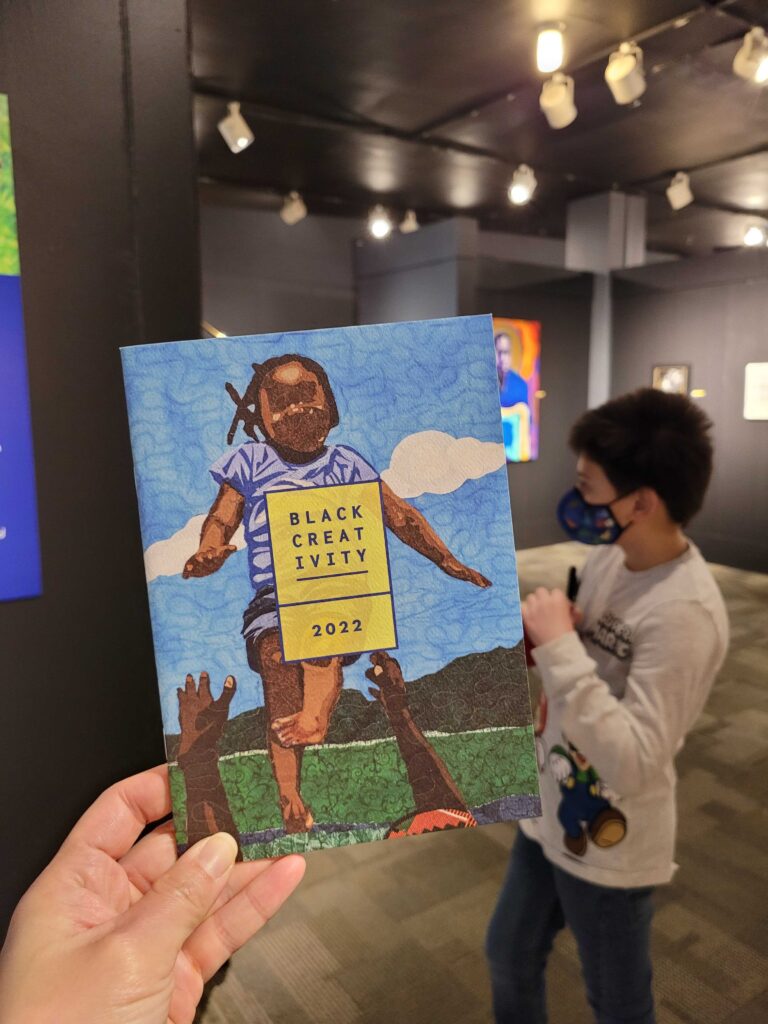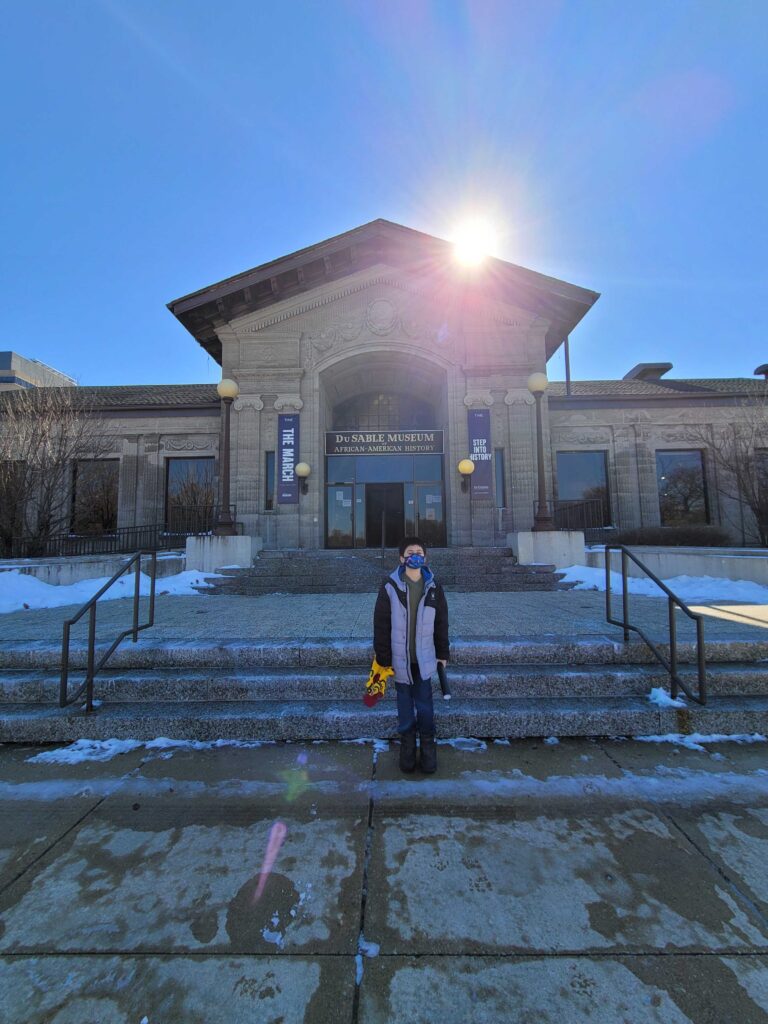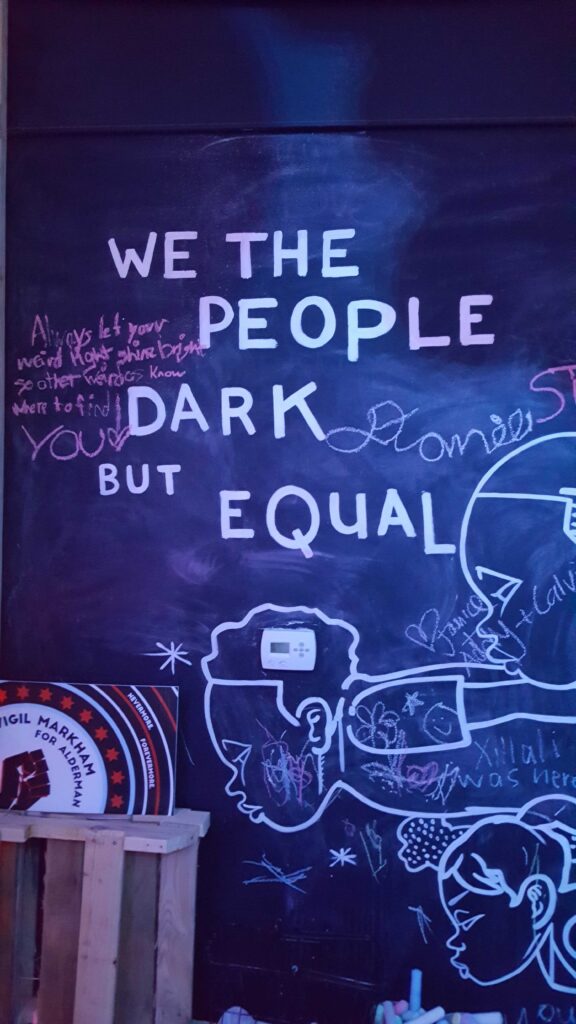Support Black Community as an Ally
Publisher: Alex Hylka
Disclaimer: this post is a reflection of a staff member. I do not claim to be an expert on anything, with the exception of my own experiences. These are my own thoughts on my journey to strengthening myself as an ally to the Black community.
As a person of color, supporting fellow communities of color is a priority for me. I see Black History Month as an opportunity to step up and show extra support for Black communities. As someone outside of the Black community, showing support as an ally can also be intimidating. Will I say the wrong thing? Will my actions be perceived as performative?
Support needs to be genuine. In addition, it needs to be consistent. Again, awareness months can be a time to meet a new favorite business or museum or start a new tradition. They are not a starting and end point. If you posted a black profile image on social media in support of Black Lives Matter, but don’t recognize Amir Locke, Eugene Williams, and everyone in-between had their lives taken too soon, then there’s a disconnect. To genuinely want to support Black lives, it takes a large amount of vulnerability. We need to have the capability of being honest with ourselves and investing in the consistent evaluation of our progress.
While the work requires honesty and vulnerability, in addition to a great deal of mental and emotional labor, there are small actions that can grow in impact.
Support Black Businesses
As an advocate for small business owners, I will always suggest supporting local businesses before big box options. I recognize that shopping small may not be an option for every situation, but starting with local businesses will make a difference. Before automatically supporting retail monopolies, do some research. Large corporations often contribute to upholding racist systems. This may be through internal or external business practices. Making a conscious, informed decision on where to spend money can be a form of resistance.
Supporting a locally-owned Black business is not confined to financial spending. Follow their social media accounts and leave positive comments. Share their posts when applicable. Post a review after a positive experience. Suggest them to friends, co-workers, or even to committees for work projects.
Seeking a Black-owned small business may not always be a simple Google-search. As ICOY Assistant Executive Director Sarah Daniels mentioned in a previous blog post, follow hashtags like #blackownedbusiness on social media platforms to find new businesses. In addition, ask for suggestions. Local chambers of commerce and business associations should have lists or directories of Black-owned businesses in their respective districts.
Diversify the Social Media Feeds
Anti-racist work takes time and commitment. Diversifying one’s social media newsfeed can consistently offer palatable amounts of information. Perhaps this includes following DEI professionals, Black artists, or Black writers. Furthermore, stay informed on the work of non-profit organizations whose mission includes work that progresses anti-racist movements. While supporting non-profit organizations through social media is helpful, it is also beneficial to sign-up for their newsletters.
Read or Stream
Many Black authors have offered their insight and experiences. Spending the time and energy to listen to their stories is another great way to support the Black community. If reading doesn’t fit into one’s daily routine, perhaps streaming does. Various platforms provide performances, documentaries, movies, shows, and podcasts to experience, especially during Black History Month. Supporting Black communities can also include celebrating Black culture and joy. Watch or listen to concerts, travel or food shows, or comedies.
Show-Up
As more DEI professionals appear in newsfeeds and galleries, more opportunities may be available to attend workshops, webinars, or live social media sessions. Take advantage of them to learn and continue anti-racist work. For example, ICOY now offers DEI workshops that are free to attend. Furthermore, as inboxes receive newsletters from non-profits, show support by attending events or by volunteering.
Explore
Visit museums and exhibits that support the Black community. For example, in Chicago, the Museum of Science and Industry (MSI) hosts Black Creativity exhibits with a special annual exhibition. According to the MSI, the Juried Art Exhibit is the longest-running installation in the country to feature African American art. Also in Chicago, the DuSable Museum of African American History is available for the public to learn more about the local history of the Black community.
On the north side of the Chicagoland area in Evanston, a new mural was recently installed in relation to approved reparations. At the direction of the Reparations Committee, funds currently available for the Restorative Housing Program will be prioritized for Ancestors – defined as an African American or Black individual, at least 18 years old at the time, who was an Evanston resident between 1919 and 1969 (City of Evanston).
In Chicago, tourists and residents are often hesitant to visit the south side. Some won’t consider going south of Roosevelt. We should reflect on why many hesitate to explore. To create a sense of familiarity, research areas and attractions near the area. Wonder what the CTA stations look like? Watch CTA’s Ride the Rails or Ride the Routes or Geoffrey Baer specials. It is also likely that local influencers have highlighted restaurants or attractions in the area. Check them out for previews of food and menus.
However, supporting the Black community with anti-racist work goes beyond loving Beyonce and visiting museums. As many people of color say, “Love us like you love our culture.”
Be Honest, Vulnerable, Ready to Make Mistakes
Coming face to face with one’s engrained racism is not an easy task. Challenging the instilled biases requires a monumental effort in being vulnerable and honest with oneself. When I was in grade school, a family member once threatened that I would be disowned if I were to ever date a Black person. Thankfully even at a malleable age, my mind immediately rejected this notion. The threat was beyond my comprehension. Our family is already in a marginalized community, and they were trying to convince me to dismiss another marginalized community.
At a young age, it is difficult to comprehend racism when it directed at oneself, let alone dissect it as a family member attempts to teach it to you. I had to be honest with myself and come to terms with the fact that some of my family members were (and frankly, still are) racist. It made me very sad to come to this realization. As a result, it caused me to distance and filter myself around them. It’s a hard truth to learn that racism permeates every population, including within marginalized communities.
Part of that honesty and vulnerability also includes owning our mistakes. If we were all to consider past situations and actions, we would all own-up to participating in something racist. The point is to own the mistake and move forward with growth and change.
Do Not Assume Black People are Available for Guidance
As with many “lists,” there are also suggestions of what not to do. For example, someone may want to learn more about supporting Black communities, however, it is not the job of Black friends or acquaintances to help further one’s journey. Black people have shouldered the work for centuries. It is unfair and disrespectful to assume that friends should be on-call to answer questions and provide guidance. They are not a personal search engine. It takes a lot of time and energy to discuss heavy topics. Furthermore, discussing certain topics related to race can also cause trauma to resurface.
Thankfully, the resources listed above are available – libraries and local bookstores, webinars and training opportunities, and museums and exhibits.
Again, this post is one perspective. We encourage others to join the celebration of Black History during this month and every month moving forward.
ICOY Staff Contributions
Written by Communications & Marketing Manager Melissa Franada. All photos by Melissa Franada. She is also a member of ICOY’s DEI Committee. Editing contributions by ICOY CEO Andrea Durbin, Assistant Executive Director Sarah Daniels, and Director of Programs Randi Slack. Find more information on the ICOY Staff.
Upcoming Events







